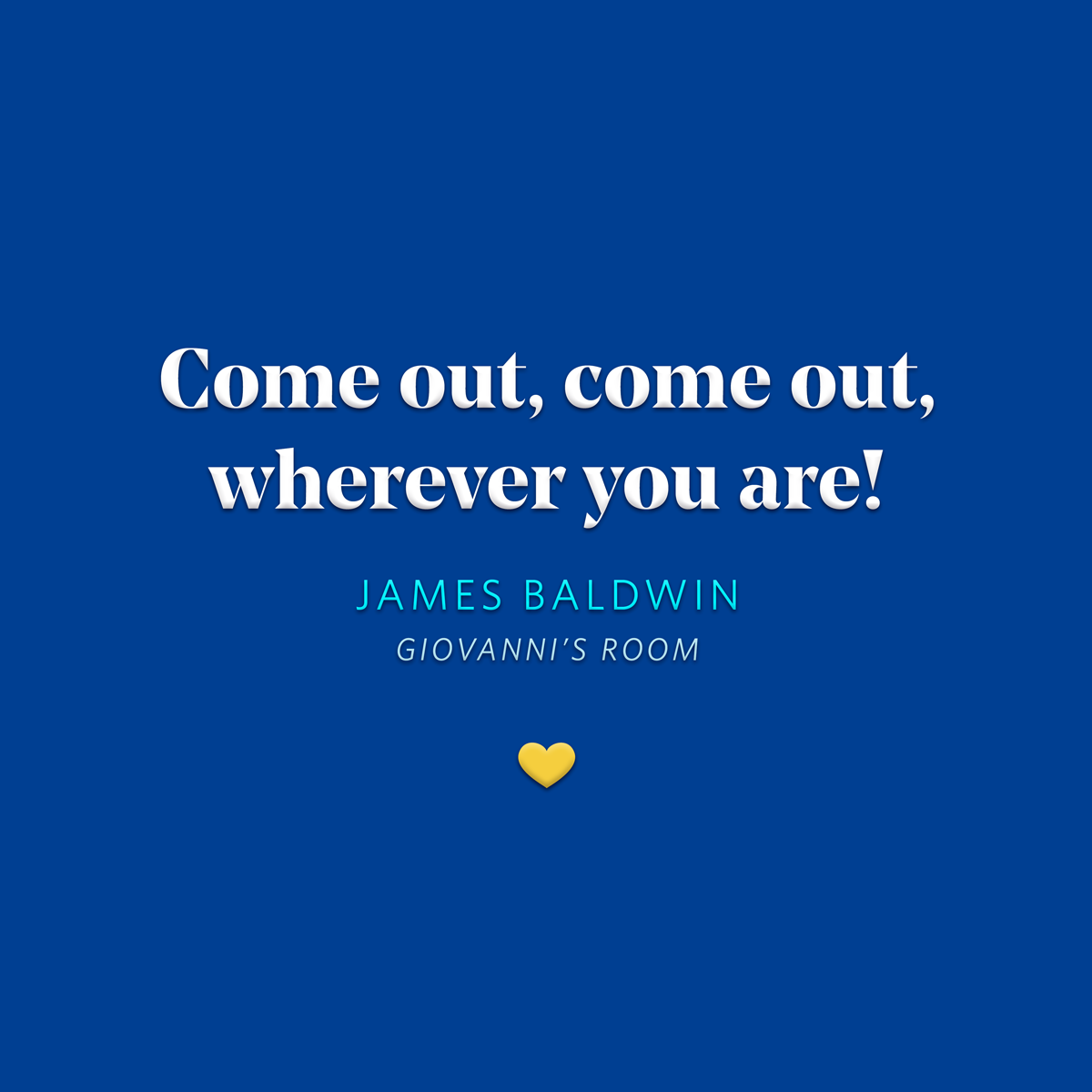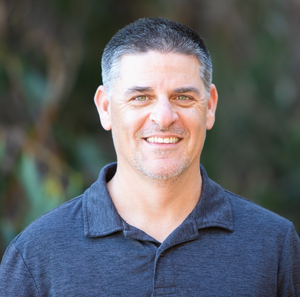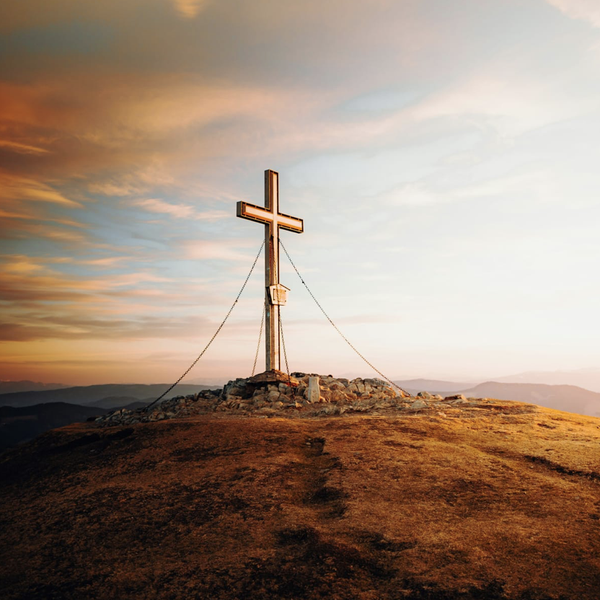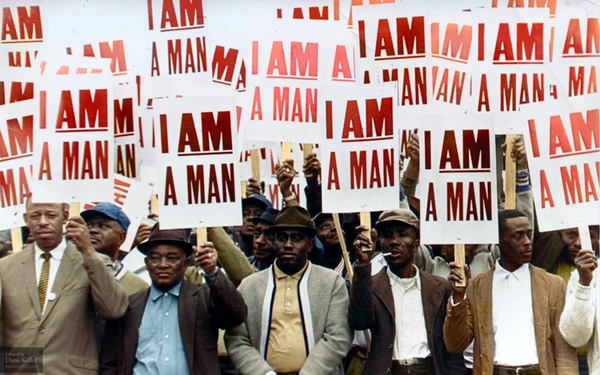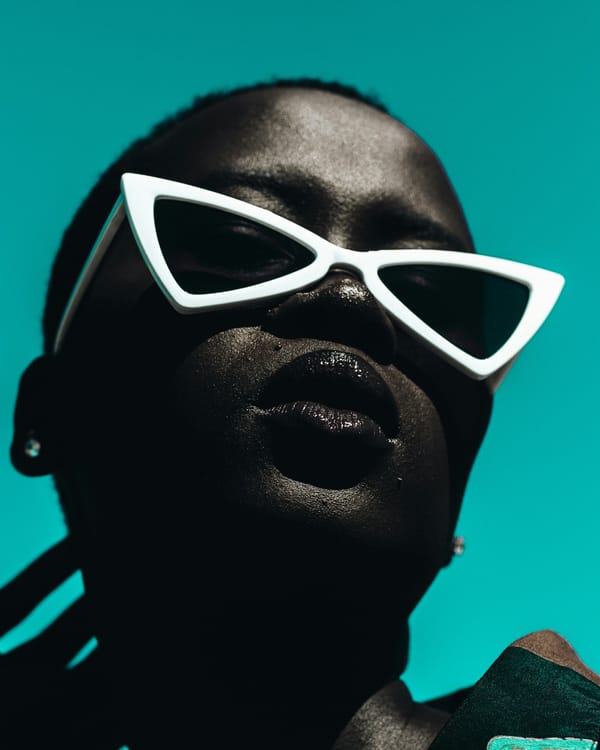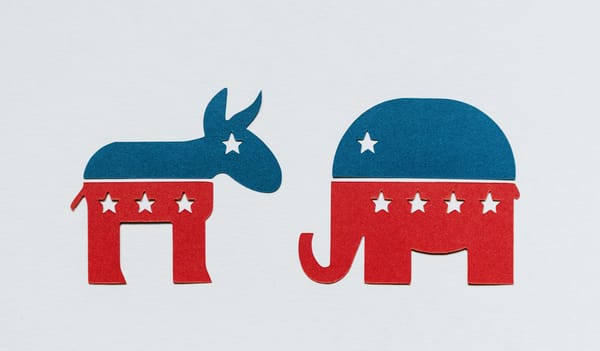Editor’s Letter
It’s June so that means it’s time for Pride Month in all its glory, but this year in Florida—and in other states—several pride celebrations are being cancelled due to newly enacted legislation prohibiting the gatherings and fears of hate crimes. The annual Gay Days at Disney World festivities in Orlando are currently underway, including scheduled red shirt days at area attractions for Saturday and Sunday. As for Orlando Come Out With Pride, the city’s official Pride event in October, it looks like everything’s still a “go.”
For those of you unfamiliar with the history of Pride celebrations, James Finn, publisher of the Medium publication Prism & Pen, OHF writer, and old friend of Our Human Family, wrote a splendid primer for OHF Weekly entitled If It’s June, It Must Be Pride! His post details how and why Pride celebrations came to be, and more importantly why they’re more important now than ever. Family, friends, and allies of LGBTQ people owe it to themselves to give the article a read.
Over the next few weeks we’ll be sharing articles focused on the LGBTQ experience. If you have a bit of nonfiction you’d like for us to consider publishing, please check out our Submissions Guidelines, and drop us a line. And don’t let those guidelines intimidate you. Our editors are more than happy to work with you to get your story ready for prime time.
What follows is an essay I wrote to an overlooked segment of the LGBTQ community—LGBTQ Christians or rather LGBTQ ex-Christians and the importance of being visible and active congregants despite having been wounded by organized religion. For those who have been wounded by the church, there’s a tendency to throw Jesus out with the holy water, but I’d like to offer another option. What follows is my response to those who would deny anyone’s invitation and rightful seat at Christ’s table. Peace be with you.
As a forty-eight-inch tall, gay, Black man, I encounter plenty of people who think and demonstrate through their actions, You don’t belong because . . . With that said, my need for a self-concept that is not tethered to shifting and inaccurate human opinions is integral to my well-being.
My relationship with Christ grounds my identity in him and that’s been a good thing. A very good thing. I am well aware of the fruit in my life this relationship has produced; including understanding myself, the world, how I fit into, and most importantly my value to Christ—which supersedes the opinion of anyone.
And because I value that relationship and the positive effects it has had on me, whenever the opportunity presents itself, I talk about it with anyone interested (or write about it, if prompted), but do so with respect, care, and an awareness that not everyone has the same faith. And some claim no faith at all.
You may ask, What is this relationship you speak of? In a nutshell, this excerpt from my daily devotions really sums things up nicely.
I am nearer than you think, richly present in all your moments. You are connected to me by Love-bonds that nothing can sever. However, you may sometimes feel alone because your union with Me is invisible. Ask Me to open your eyes so that you can find Me everywhere. The more aware you are of My Presence, the safer you feel. This is not some sort of escape from reality, it is tuning in to ultimate reality. I am far more Real than the world you can see, hear, and touch. Faith is the confirmation of things we do not see and the conviction of their reality, perceiving as real fact what is not revealed to the senses. —Sarah Young, “Jesus Calling”
A great many people have been offended by the church, sometimes because of a hasty slip of the tongue or a misunderstanding, damaged through deliberate abuse of power, or flat-out rejected. In no way should the wretched and selfish actions of those who claim to be a representative of Christ deter anyone from finding Christ.
Make no mistake. Christ is very clear in his warning to those who would harm anyone in seeking a relationship with him:
It would be better for you if a millstone were hung around your neck and you were thrown into the sea than for you to cause one of these little ones to stumble.
—Luke 17:2 (New Revised Standard Version)
Trauma can be an effective inhibitor. Really. Why would anyone want to return to the scene of a crime perpetrated against them when no form of reconciliation has been offered, let alone recognition of the injury?
Looking at the Gospel of John, Christ always sought out those whom the “religious” of his day deemed outcasts, unclean, and undeserving. But notice, his harshest words were always for those who deemed themselves in the know, the elect, the keepers of the law. If you look around, know-it-alls still exist today, and they’re spouting the same harassment as religious leaders in Christ’s day. You’re not welcome here. You don’t belong. The Gospel is not for you.
I encourage any LGBTQ ex-Christian who desires to rekindle their relationship with Christ to pursue that longing wholeheartedly. He is awaiting your return. Nothing else will fill that void. Find a congregation, a denomination that speaks to you, that speaks to your heart, and welcomes you the same as Christ accepts you: as you are, without precondition.
As a lifelong follower of Christ, I am loathed to do what I refer to as “church shopping.” Visiting churches is a considerable investment of time. Usually takes me a couple of repeat visits before I can get an accurate reading on a congregation. Over the years, I’ve come to recognize three elements I look for in a potential church home:
- lively corporate worship expressed in singing hymns, praying, and partaking in communion; different denominations worship differently
- feeding upon the word of God as revealed by clergy in their sermons and scripture; even within a particular church, clerics can and do differ in how they deliver sermons, as well as the topics they choose
- fellowship with other members of God’s family within a congregation; some are more structured, others are more informal
Singing with wild abandon and an open heart was something I learned at Pasadena Foursquare in California. The music moved me in a way that freed me of my previous inhibitions to praise the Father, Son, and Holy Spirit with everything in me.
The Lord has led me to churches and denominations that have revealed his nature in ways I could never have imagined. As such, I’ve come to know some phenomenal pastors, priests, and canons who challenge me in my walk. The thing that I’ve found most appealing about these shepherds is a mix of humility in revealing their frailties while at the same time amplifying Christ’s teachings on how to love the Father, and one another, and live in a way that both convicts and inspires me.
As a functioning introvert, fellowship has always been a bit of a challenge for me, as I’m not fond of crowds and get more out of one-to-one interactions than group experiences. Those between-service coffee klatches have never afforded me good opportunities to connect with people. But Bible studies, home groups, and casual outings with deep discussions never leave me wanting.
I’ve been blessed to belong to congregations in which all three elements—worship, teaching, and fellowship—were present in relatively equal amounts.
At my current church home, the physical space caught my eye, but the worship and liturgy hooked me. I doubt seriously that finer worship can be found anywhere in the diocese. There’s something about a pipe organ and talented choir in the hands of a skillful music director that takes me to the gates of Heaven and gives me a hint of what the afterlife will sound like. To say the experience is transcendent is not an overstatement.
Fellowship at my church has been a trickier element to grab hold of. I first attended during Eastertide 2007. The priest gave a message that seemed to be written for me and me alone, and the choir sang one of my hymns, #204, “Now the Green Blade Riseth.” With the convergence of those two, I knew I was home.
For the first year or so, I skipped all the pomp and circumstance of the main service because I was unaccustomed to juggling the Prayer Book, a hymnal, and a bulletin. At my previous church, All Saints Pasadena, all the scriptures, prayers, and hymns, were printed in the bulletin, which circumvented any mental gymnastics. Instead, I opted for the evening services, acquired better book maneuvering skills, and gradually insinuated my way into the parish.
Mind you, I was in my late forties when I began attending my current church. In my mind, reconciling my sexuality with my faith had been settled years before, and my days of living in the closet were long behind me. While I don’t wear my sexuality on my sleeve, my take on the matter is this: how can anyone not know that I’m a gay man? Once one person knows, I figure the news spreads like wildfire, and everybody knows.
For anyone not of the dominant culture (be it gender, ethnicity, appearance, physicality, sexual orientation, or whatever distinguishing characteristic one might use to label a person as “other”), my church can be a cold place. Still, I was determined to make it my church home because I felt called by Christ to attend. And with a personal invitation from Jesus, how could I not accept?
Gradually, I’ve found friends, built strong relationships, and grown to feel that I belong. Thanks to opportunities afforded me by the pastoral staff, congregation, and diocesan office, over the past fourteen years I’ve served in a variety of capacities.
Don’t think for a minute that my tale is one only of milk and honey. There have been many wormwood and gall episodes I could have lived without (and I’m sure there’ll be more). My diocese has a reputation for being one of the most stringently conservative of our denomination in the country, but maintaining my relationship with Christ is important enough to not allow anyone to stand in my way.
I hope that my presence and involvement in my church community will enlighten conservative people who might have a more shortsighted opinion of people with disabilities, People of Color, and LGBTQ people that they have more in common with “us” than they imagined—namely, our shared humanity.
Am I an activist? No. I wouldn’t say so at all. I’m just a guy who’s accepting Christ’s invitation to have a seat at his table, join him for a meal, and accept his offer of salvation regardless of what the Pharisees and naysayers believe.
To LGBTQ ex-Christians, know that there are Christians—even entire congregations—who welcome LGBTQ people. Their salutation is authentic. There are even congregations led by priests who are more concerned that you accept Christ’s offer of salvation than what’s transpired in your past, the number of tattoos and piercings you have, the color of your hair, or who you love.
Some churches value diversity so much that they afford all of their members the right to marry same-gender partners in the church. And some churches have clergy who are gay and in same-gender marriages. I even know of several priests whose ministries are focused on the challenges LGBTQ teens face, including homelessness.
They’re out there. You simply have to look.
Sometimes the problem with churches isn’t so much that they’re unwilling to welcome specifically LGBTQ people. Theirs is a much bigger problem: the inability to welcome anyone who doesn’t fit their preconceived notion of who’s acceptable. Don’t believe me? Check out the Parable of the Good Samaritan.
Those who deny LGBTQ Christians full inclusion in their church communities look a lot like people begging for a millstone necklace, especially given Christ himself says the following (bold typeface, my own for emphasis):
“For God so loved the world that he gave his only Son, so that everyone who believes in him may not perish but may have eternal life.” —John 3:16 (NRSV)
Again Jesus spoke to them, saying,
“I am the light of the world. Whoever follows me will never walk in darkness but will have the light of life.” —John 8:12 (NRSV)
“I have come as light into the world, so that everyone who believes in me should not remain in the darkness.” —John 12:46 (NRSV)
“This is indeed the will of my Father, that all who see the Son and believe in him may have eternal life; and I will raise them up on the last day.” —John 6:40 (NRSV)
You’ve received your invitation. He’s awaiting your RSVP.
Love one another.
Clay Rivers
OHF Weekly Editor in Chief
ALSO FROM OUR WRITERS
Living Beyond the Edge of the Circle
By Dan Hislop

On the edge you can see all kinds of things you can't see from the center.
—Kurt Vonnegut
My childhood world was like a playground game neatly contained inside a broad, chalk-outlined circle of certainty. Maybe you grew up in a circle, too. The game was figuring out who was in and who was out. Unfortunately, I played it well into adulthood, but then a single email sent my circle wobbling like a falling hula hoop. I quickly went from inside my circle to outside, hovering around the edge.
My upbringing was mostly religious. I regularly attended church services that did not allow women to speak and required that they wear lace-doily head coverings. I worked at a summer camp that banned all recorded music after Amy Grant’s crossover album confused the definition of its Christian-music-only policy. I participated in youth groups where we spent more time praying against lust than praying for the needy.
Those in my circle divided the world into Us and Them. We set ourselves apart by living in, but not “of” the world. Our chalk line served to demarcate those who had and those who didn’t have The Truth: believers versus non-believers. We were told to generously share the Gospel with outsiders—Good News! We longed to welcome others into our circle but didn’t think much about what They might teach Us.
Looking back, I can see how that worldview—of Us having the answers and Them needing help—skewed relationships. I didn’t realize it then, but I was focused on reinforcing that chalk line and staying inside the circle.
Long before I got the email that sent my religious circle wobbling, people outside the circle were already smudging its edges simply by being themselves.
The process began slowly at first. School and work and travel and life forced me to make excursions out of my chalk-line circle. The thinking inside my religious circle was that outsiders were in dire, hopeless need. But outside the circle, I found that people were quite thoughtful, caring, and generous. And despite not having The Truth, they were often more honest about life’s realities. They helped me uncover an authentically doubting part of myself that had long been buried under religious certainty. They also had a lot of hope, which I’d been taught was something a non-believer could not grasp.
My religion circle wasn’t the only circle I grew up inside. My life was a Venn diagram that included two other circles: ethnicity and culture. Those circles informed me that if we were fine, then everyone outside the circle was also fine and there was no more reconciling work left to do, no justice left to seek.
For instance, people in my white circle told me that Dr. Martin Luther King, Jr. had solved the Civil Rights problem, racism was dead, and that people of all colors had equal access to the same opportunities. At the time, I would have said America just works a certain way, oblivious to the fact that it doesn’t work that same way for all Americans. Fifteen years ago at a King celebration, I realized for the first time how my worldview had led to these incorrect conclusions, and how Dr. King’s vision for America was not just better for African Americans, but for all Americans.
Read the full article at OHF Weekly.
OHF Weekly + Mastodon

For the past four years, Twitter has been Our Human Family’s (OHF) social media channel of choice for communicating with our readers. Given the platform’s rapid and unabashed endorsement of much we oppose, OHF is transitioning to Mastodon. While we will maintain our Twitter account, know that the quantity of tweets from our account has noticeably decreased.
And if you’re curious about Mastodon and wondering which instance (server) to sign up with, mastodon.world (our instance of choice) is a fine instance indeed.
Write with Us

OHF Weekly writers are intentional in their message, careful in their craft, and have a public record of support for racial equity. We prefer writers with active social media accounts, as we use them as forms of engagement.
Our writers share their first-hand experiences and musings as Black, Indigenous, and People of Color (BIPOC), members of the LGBTQ community, People with Disabilities, or their allies, and include all who recognize and uplift the inherent humanity and equality of all human beings regardless of race, gender, sexual orientation, age, or religious affiliation or lack thereof.
Read our submission guidelines at OHF Weekly.
Final Thoughts
